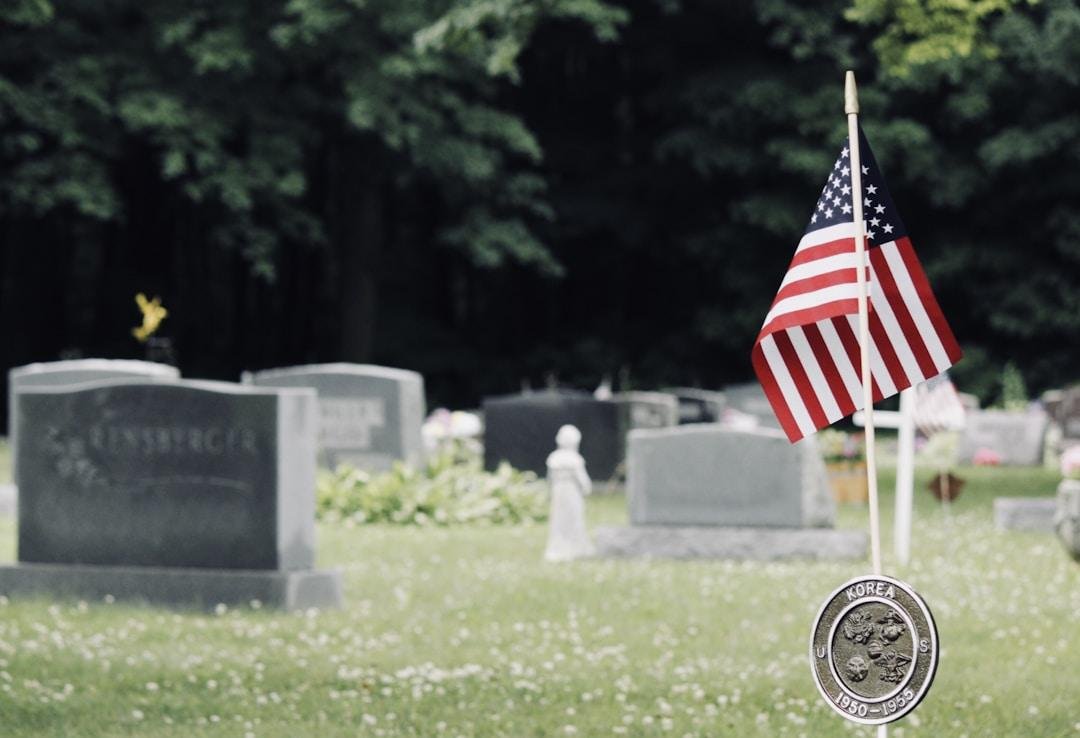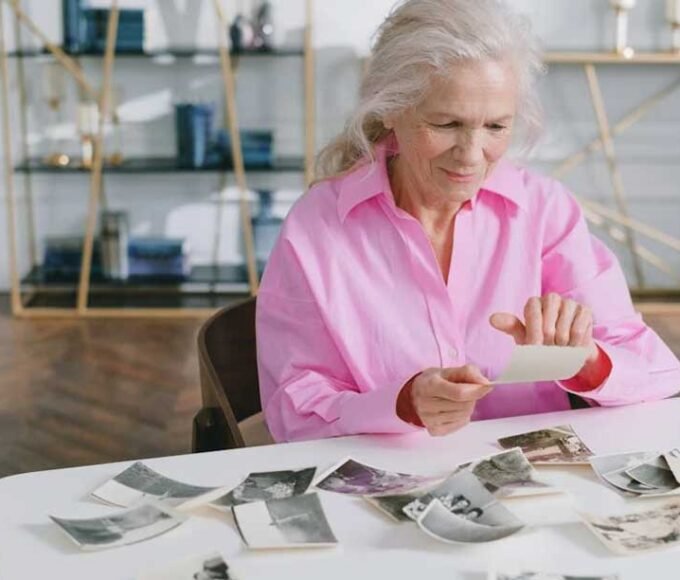The death of a loved one in a fatal accident shatters worlds, leaving a void that can feel insurmountable. The journey of healing isn’t linear—there are stages of grief to navigate, legal matters to contend with, and personal hurdles to overcome. Charting a path forward requires understanding, support, and gentle self-guidance. In this article, we explore key steps that may assist individuals coping with such profound loss.
Understanding the Grieving Process After a Fatal Accident
Coping with loss involves a mix of emotions, from sadness to anger, and it’s important to recognize these feelings as part of the grieving process. While Elisabeth Kübler-Ross identified stages like denial, anger, bargaining, depression, and acceptance, they don’t always follow a specific order. Seeking counseling or therapy, such as through services like Empowerly, can offer valuable support during this challenging time.
Grief counselors specialize in helping individuals navigate their emotions in a safe environment. It’s also important for those affected by a tragic loss to understand their legal options, including fatal accident claims, which can offer some financial relief. The aftermath of a fatal accident often leaves families with unanswered questions and unresolved feelings. Patience with oneself is key to the healing journey, which may take time.
The Role of Self-Care in Healing from a Loss
In the aftermath of tragedy, self-care is essential for navigating the grieving process. Prioritizing basic needs like rest, nourishment, and gentle physical activity is crucial for building emotional resilience.
Even though self-care can feel overwhelming during times of sorrow, setting realistic goals and simple routines can provide structure and support. Daily reflections or brief outdoor walks can offer solace and routine.
Maintaining connections to personal interests and hobbies is vital. Engaging in activities that bring joy or peace serves as a reminder of life’s beauty amidst grief. Recognizing and respecting one’s limits is key. Self-care involves listening to both mind and body, especially on difficult days when grief feels fresh. Being patient and kind to oneself is an important aspect of self-care during these times.
Finding Strength in Community and Support Networks
Communities offer profound comfort and strength to those grieving a loss. Sharing the burden of sorrow lessens its weight, reminding individuals they’re not alone. Support groups, friends, and family provide understanding and empathy, easing the pain. Bereavement groups and religious communities offer structured support, where shared experiences validate feelings of grief.
Professional networks, including therapists and employers, provide additional resources like counseling and bereavement leave.
Engagement in community initiatives or volunteer work can foster a sense of purpose, aiding in the healing process by connecting individuals with others and their surroundings.
Creating a Legacy: Honoring Your Loved One’s Memory
Honoring a loved one’s memory is a potent healing tool, providing comfort and preserving their legacy. Establishing a legacy ensures their impact endures, often through acts reflecting their interests or passions. Examples include creating memorials, funding scholarships, or supporting causes dear to them, benefitting both personal healing and the wider community.
Sharing stories and memories keeps the spirit of the loved one alive, whether through writing, spoken word, or creative arts. It’s a vital step in integrating loss into life’s ongoing narrative, balancing celebration and acknowledgment of pain.

For families with children, finding age-appropriate ways to involve them in remembrance is essential. Allowing them to contribute ideas empowers them and aids in their understanding and processing of the loss.
Embracing New Beginnings While Acknowledging the Past
Navigating loss entails acknowledging its pain while embracing the potential for new experiences. It doesn’t mean forgetting but carrying memories into the future. Services like Empowerly offer support for those transitioning towards new goals, be it in education or career.
Moving forward doesn’t diminish the past; it enriches it with fresh experiences. Life after loss is a blend of memory and renewal, each contributing to its beauty and resilience. Over time, sorrow softens, making room for hope, growth, and enduring love.
Altogether, navigating grief involves a mix of honoring the past and facing the future with bravery. By grasping the importance of self-care, seeking support from others, cherishing memories, and accepting change, individuals can traverse the journey of loss and find meaning and contentment anew.
















